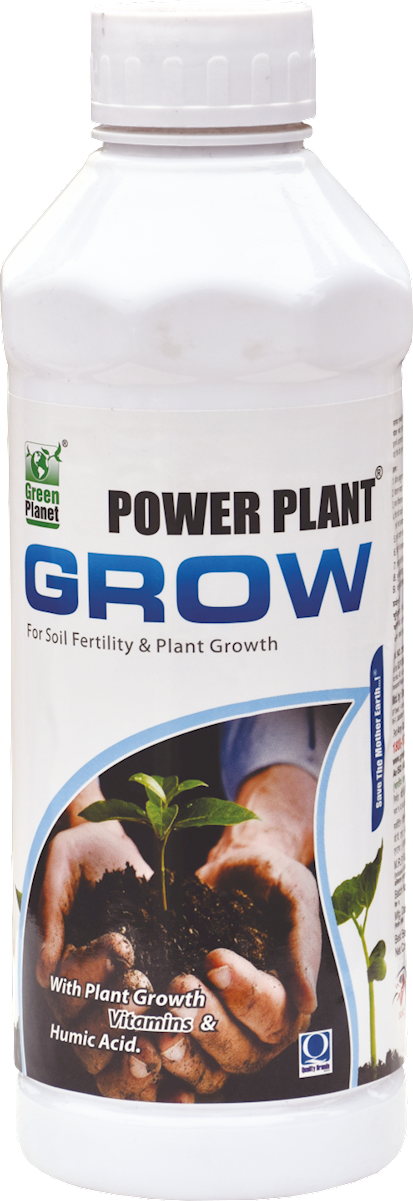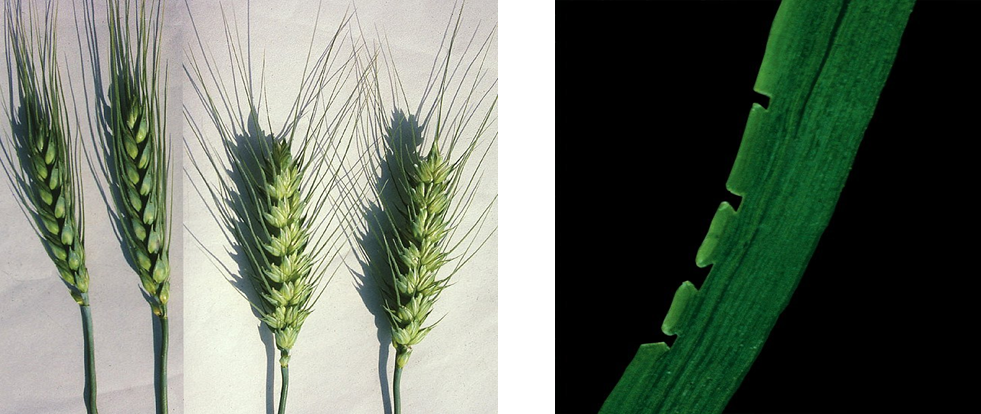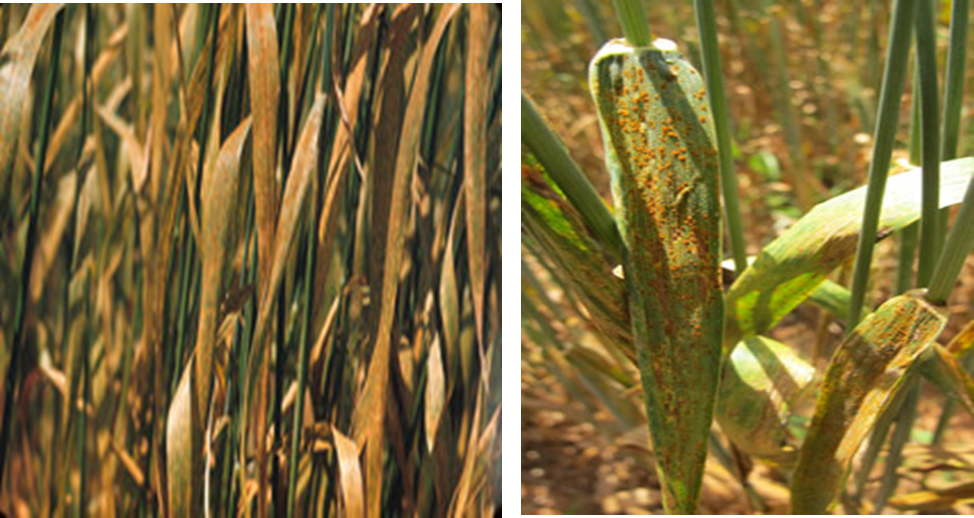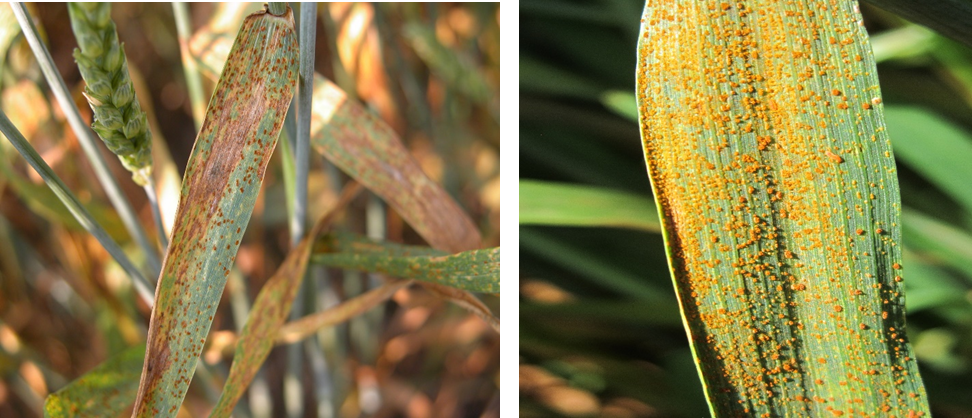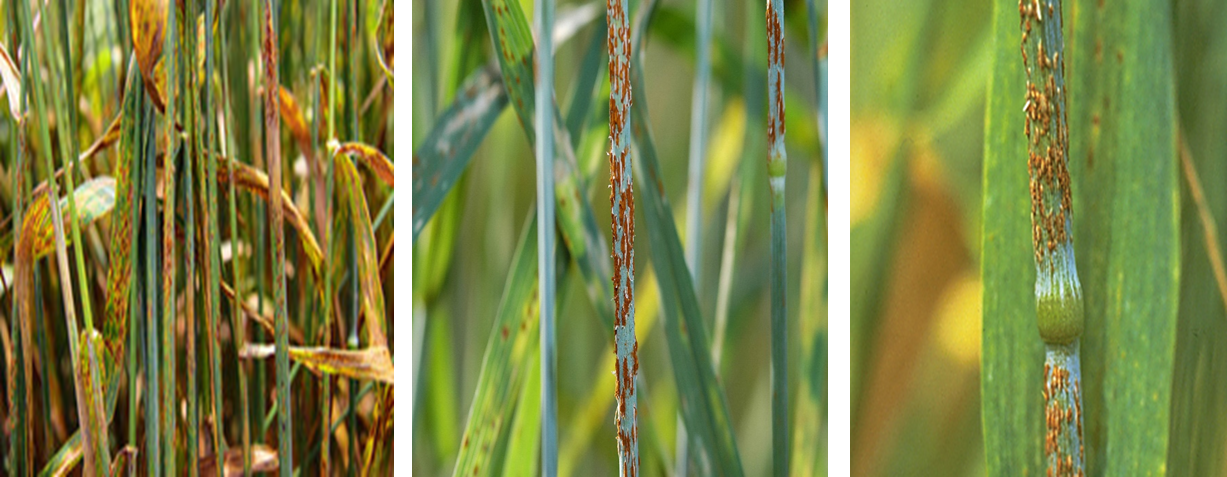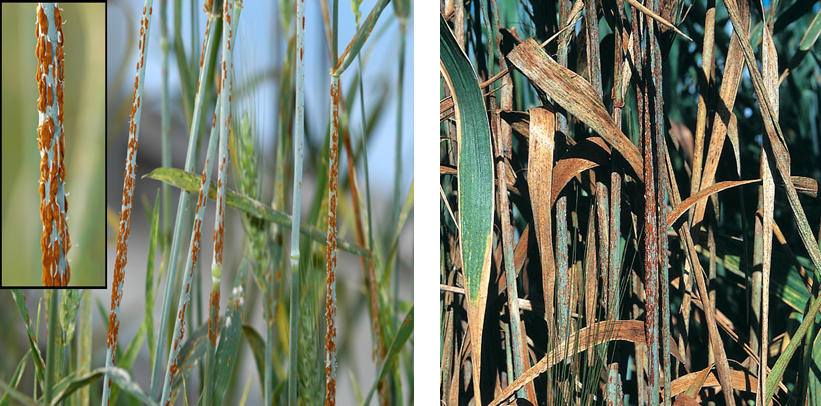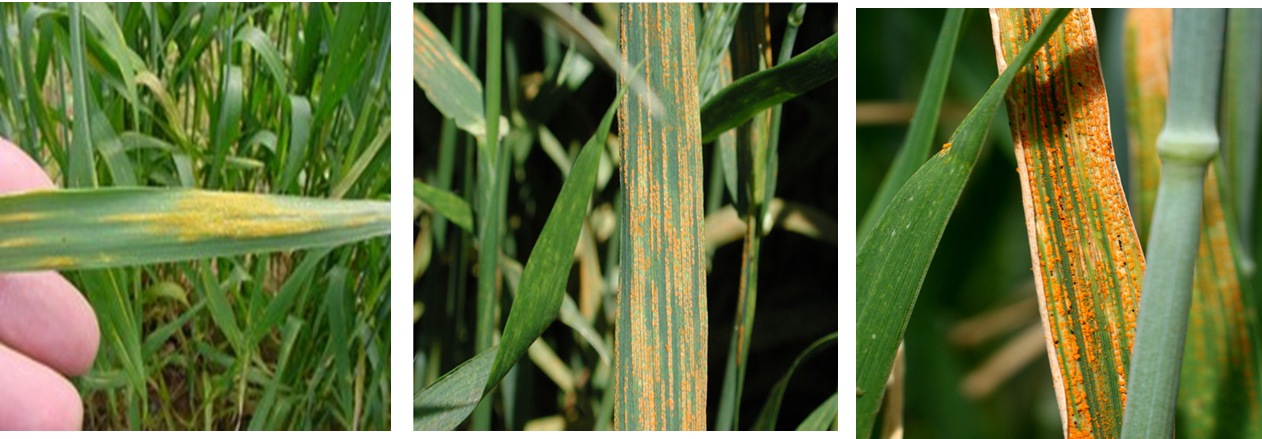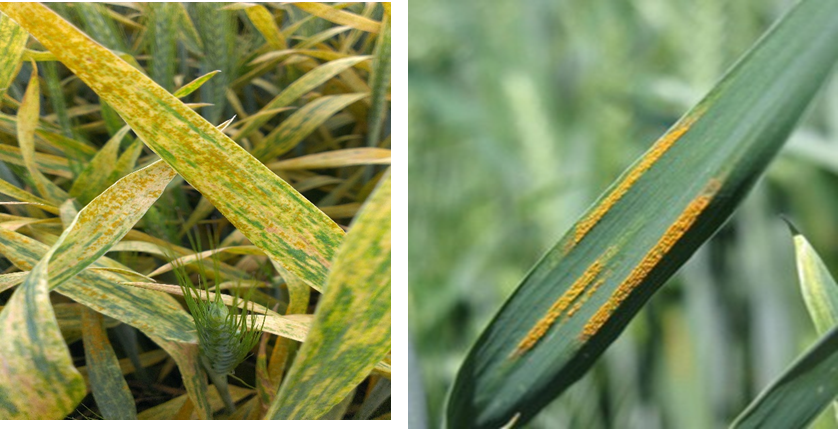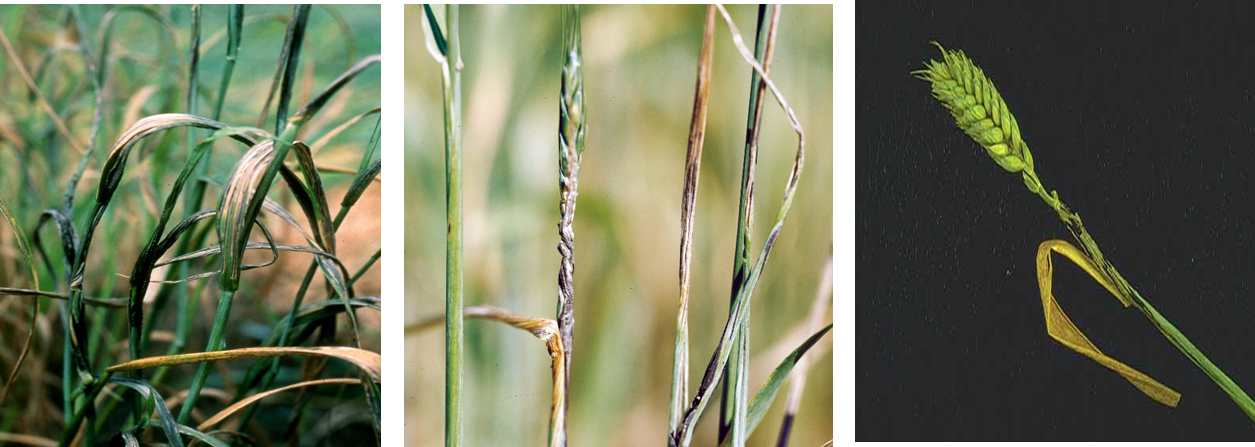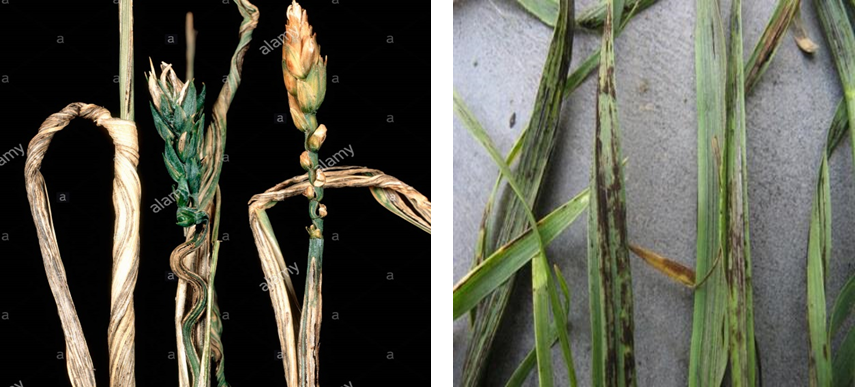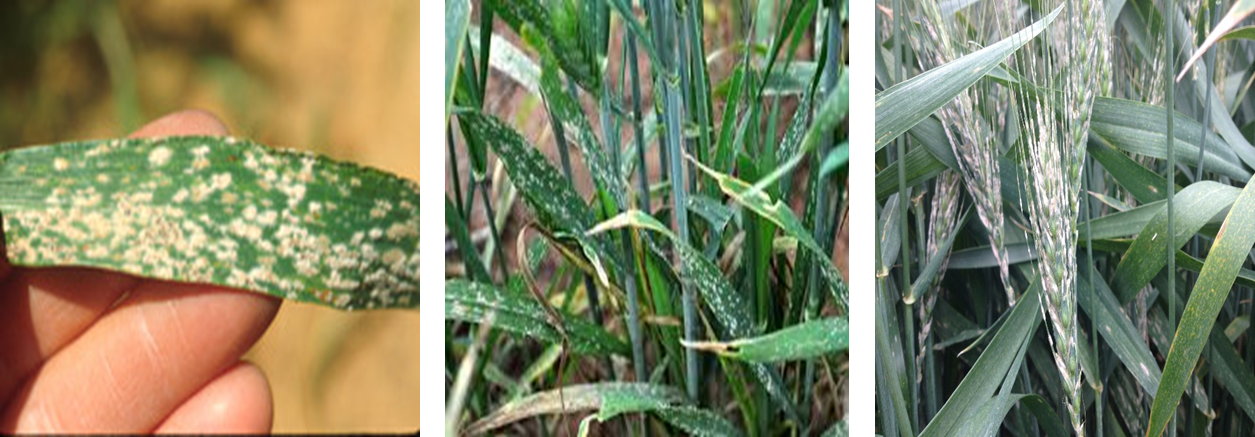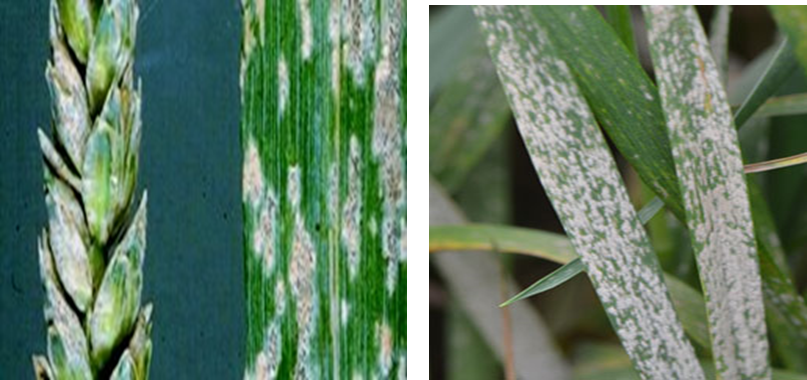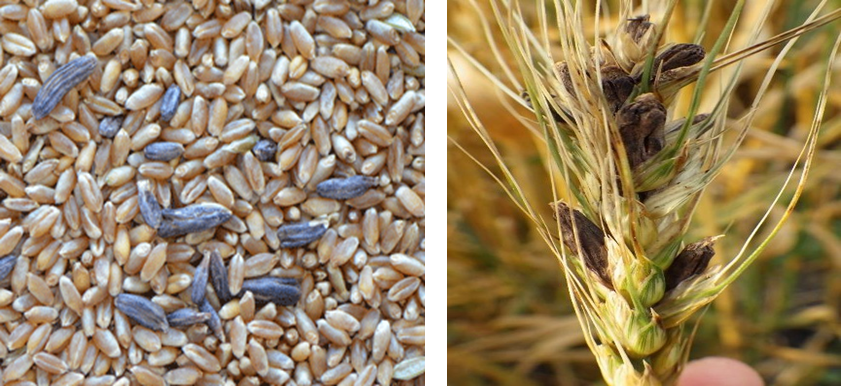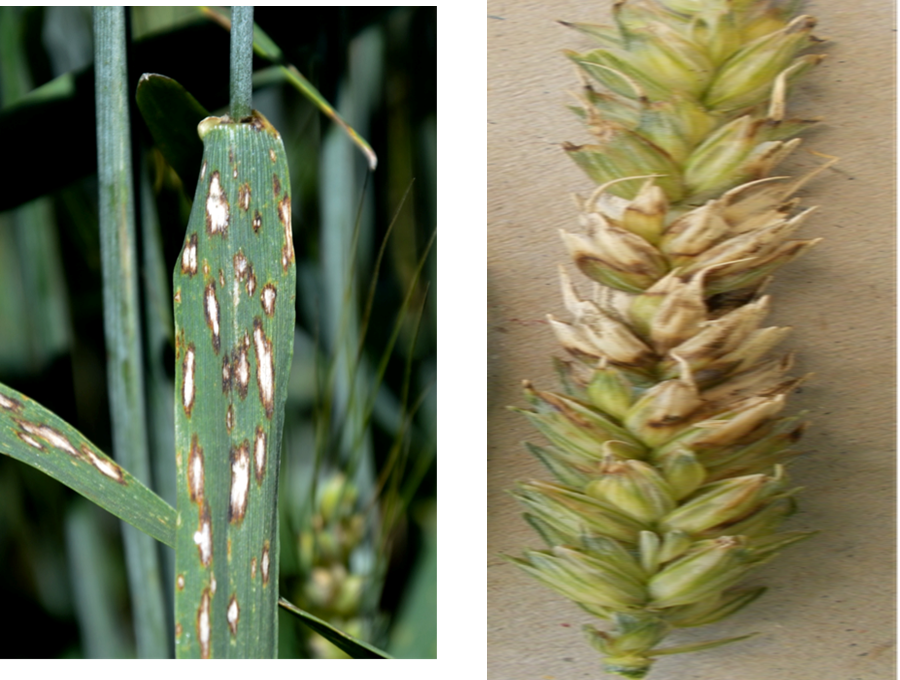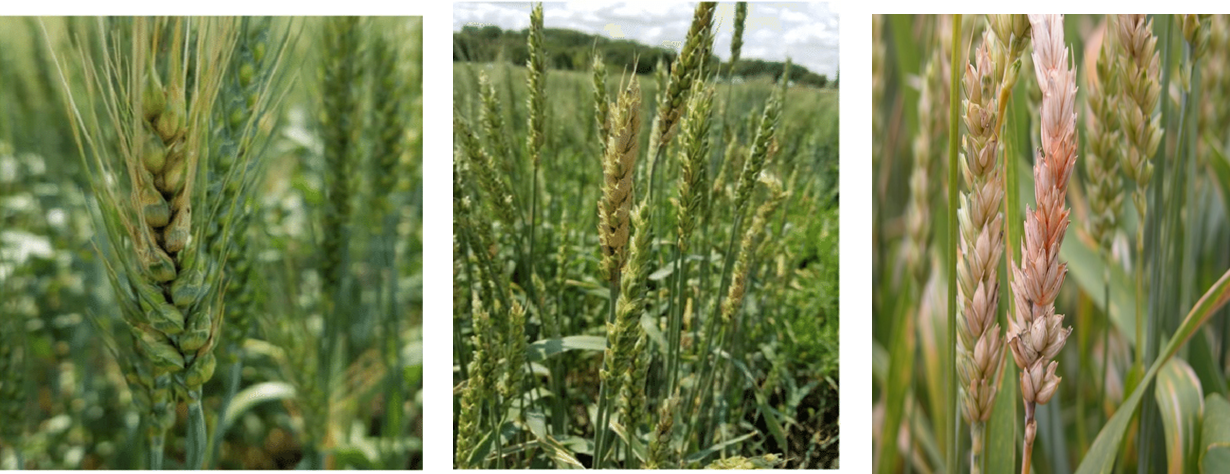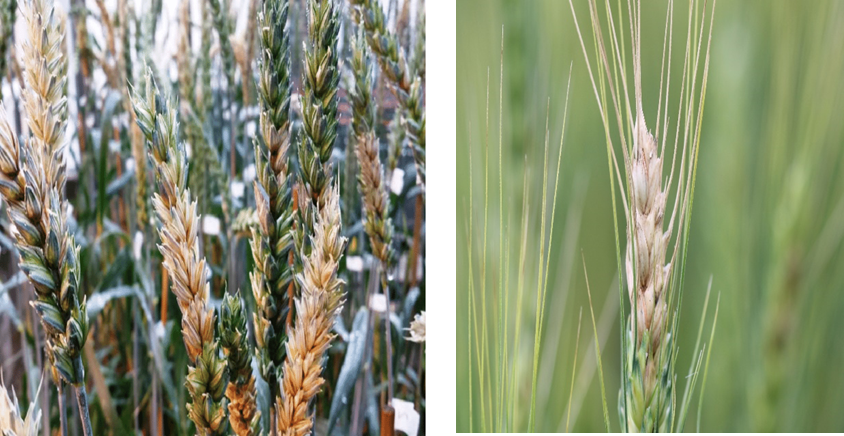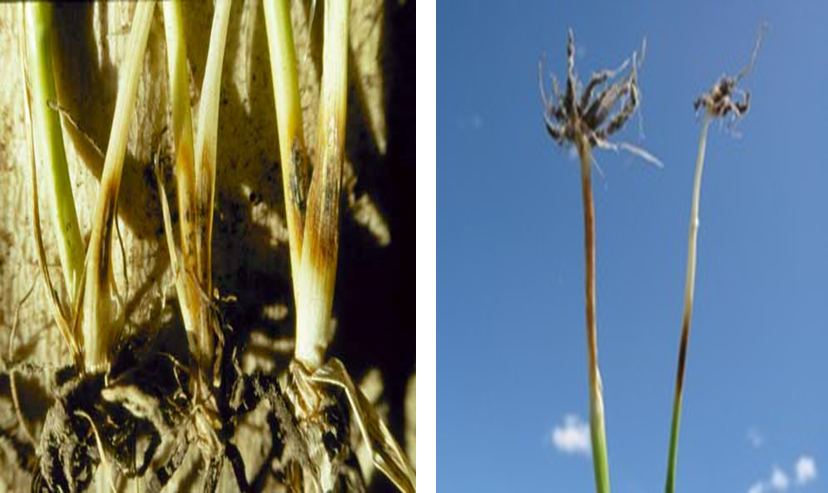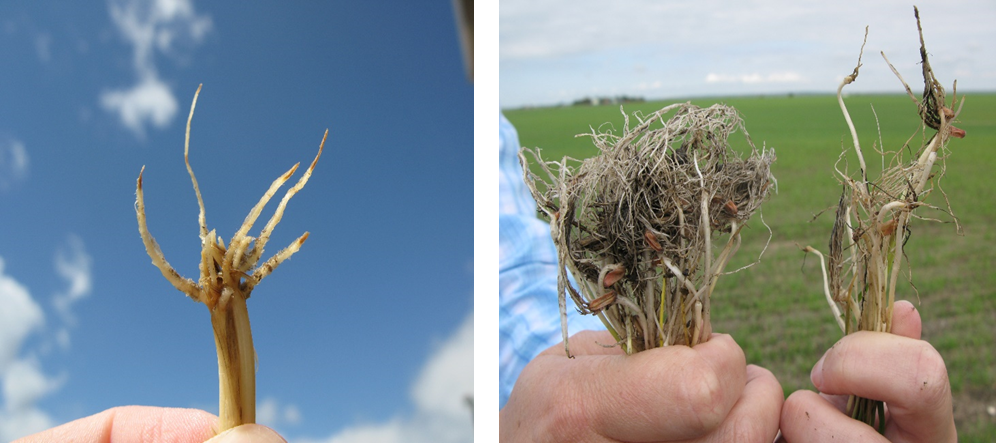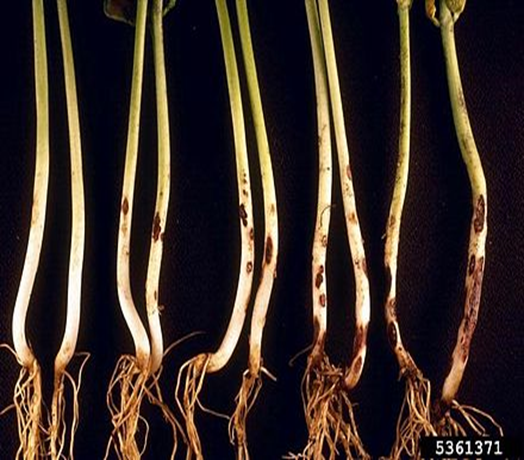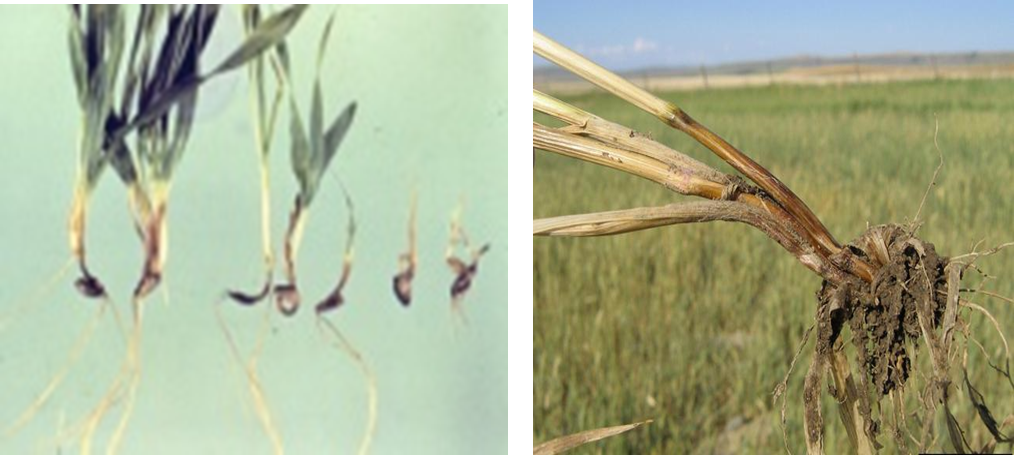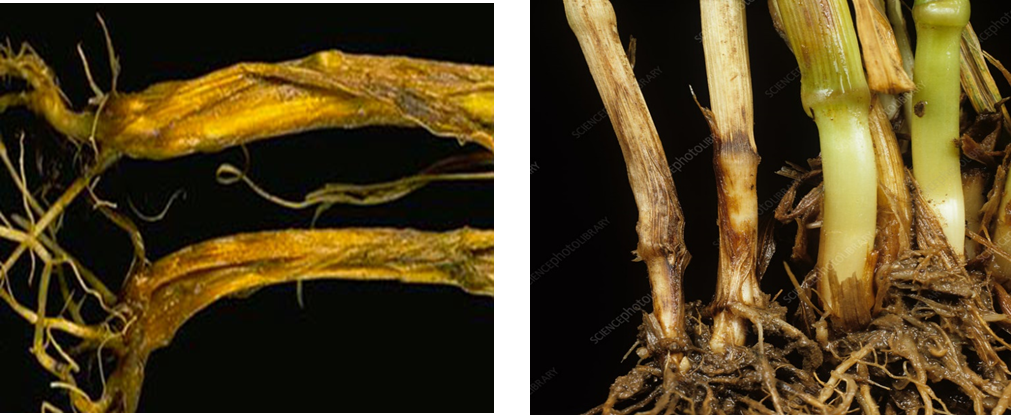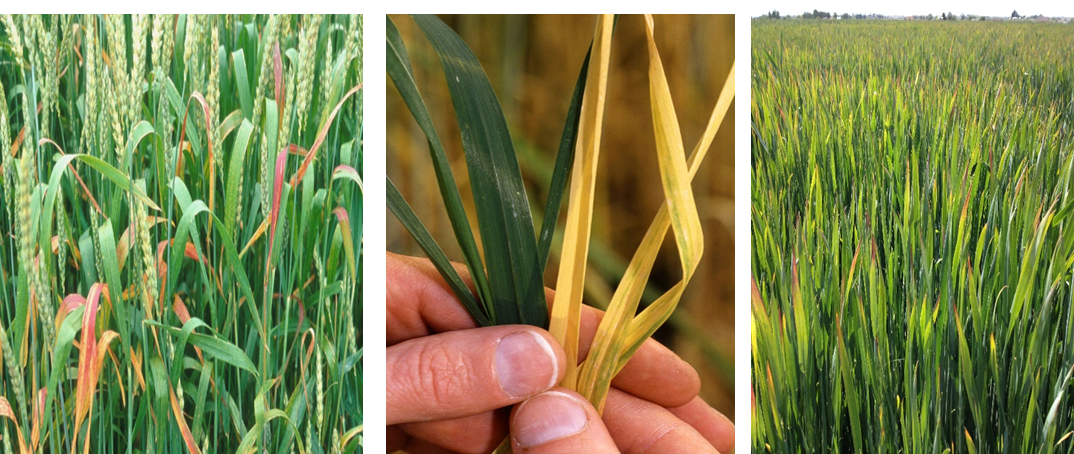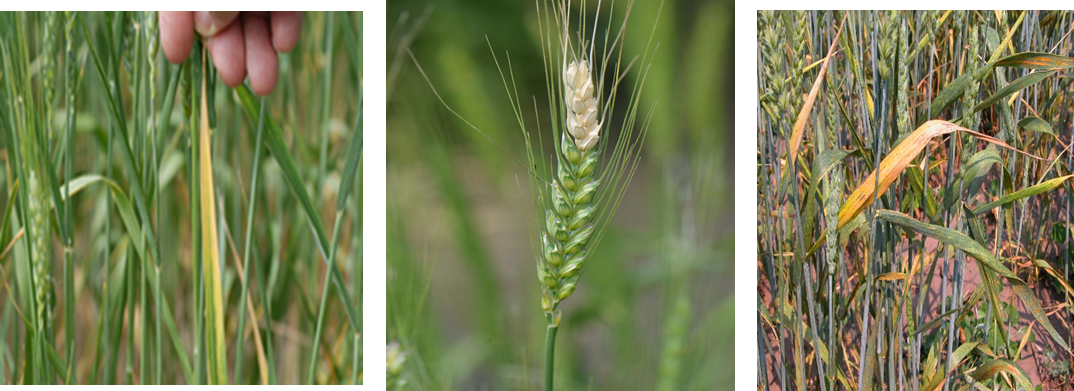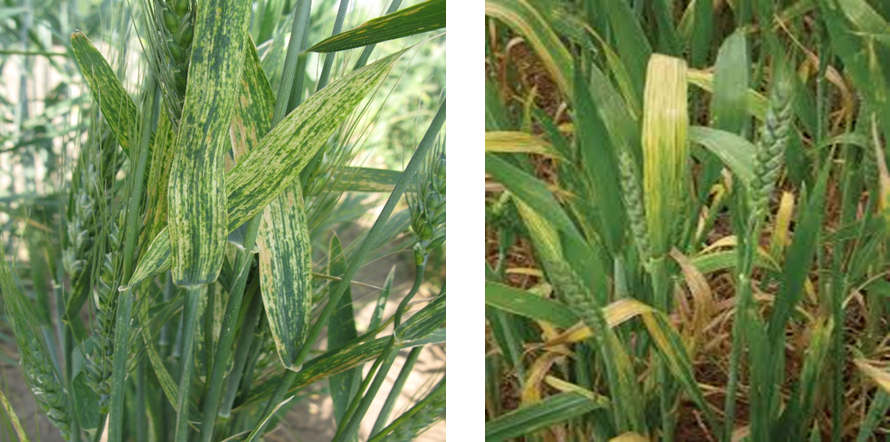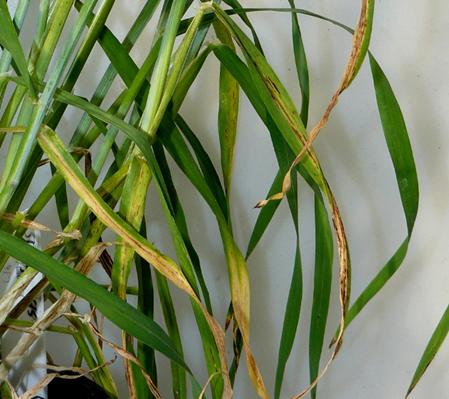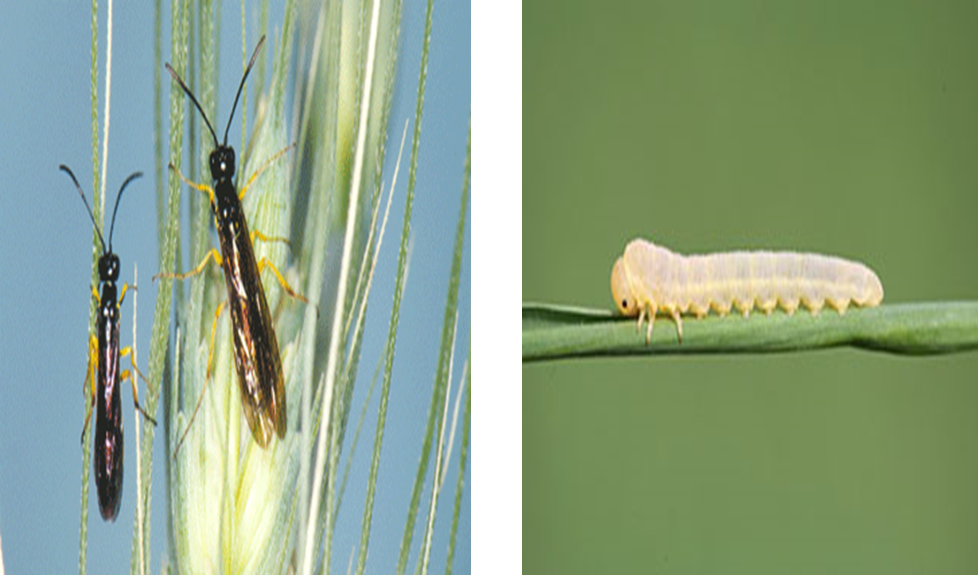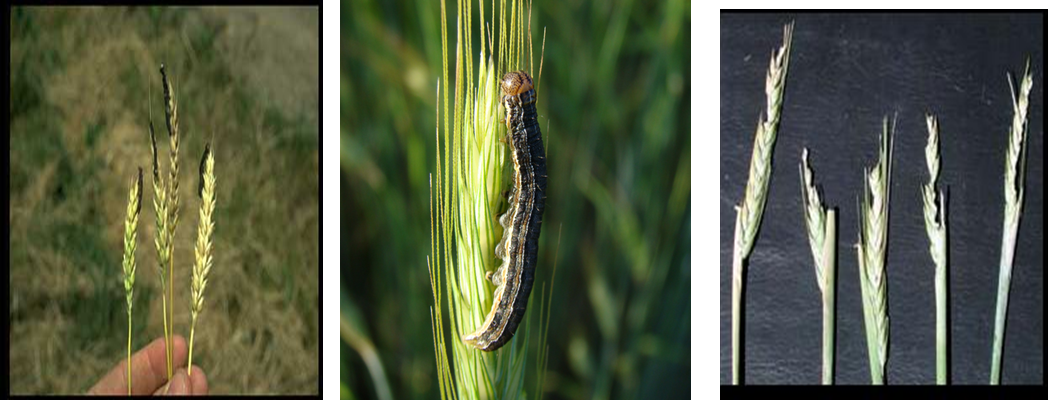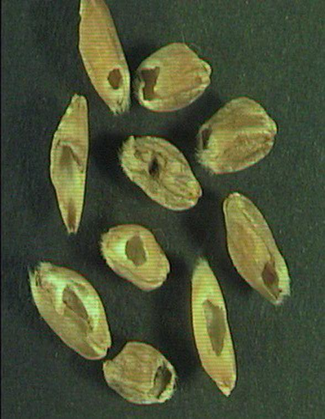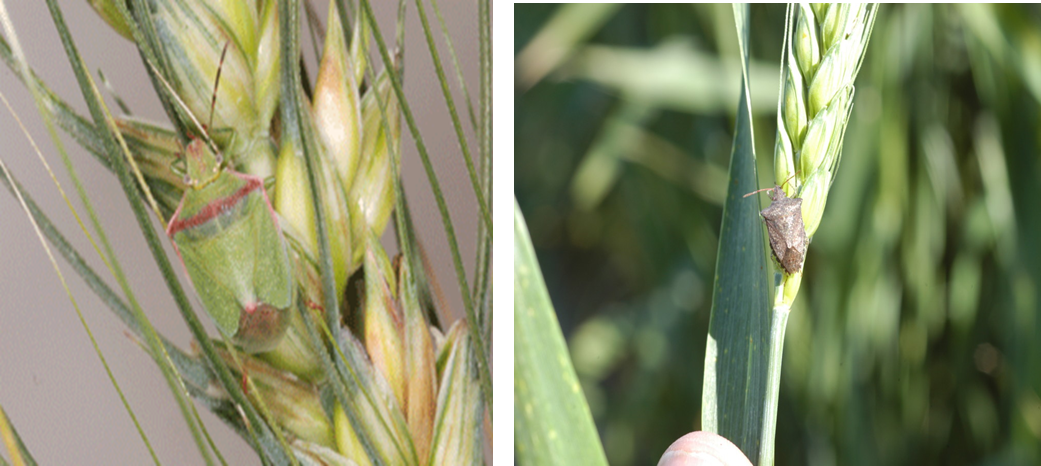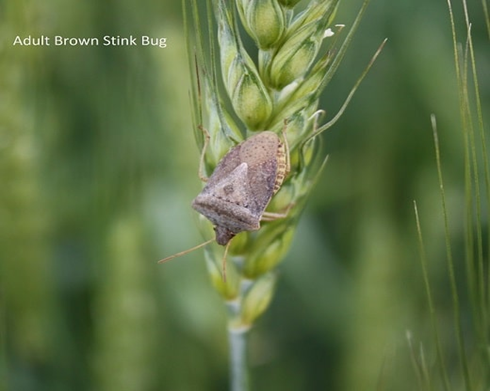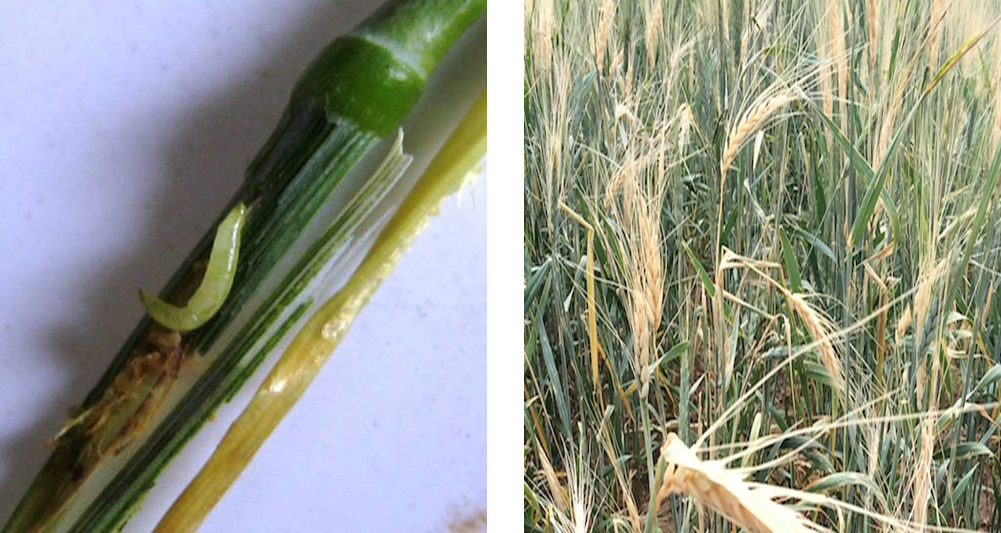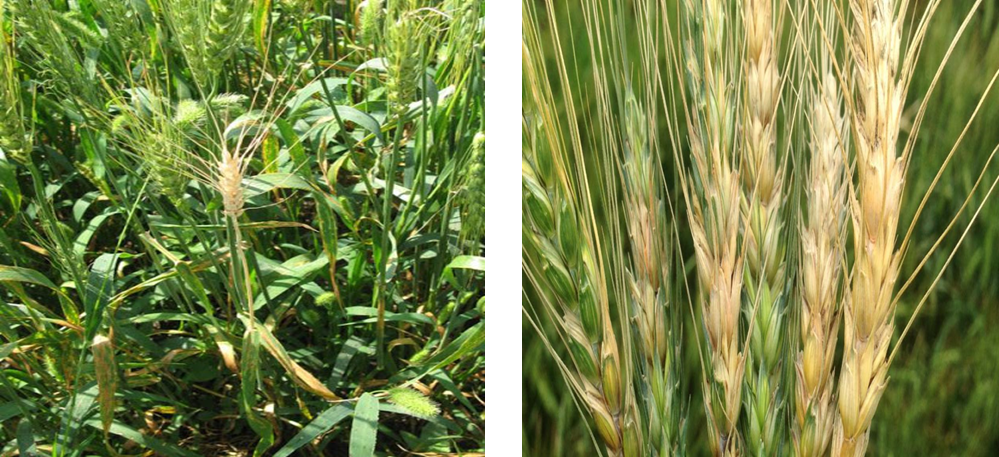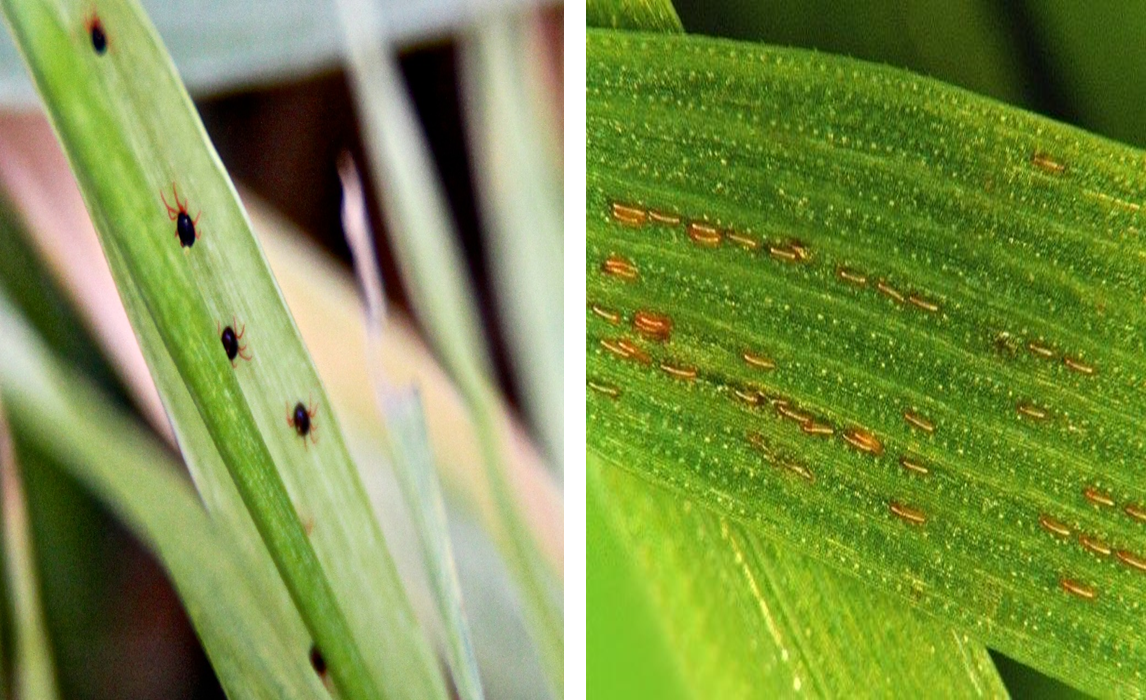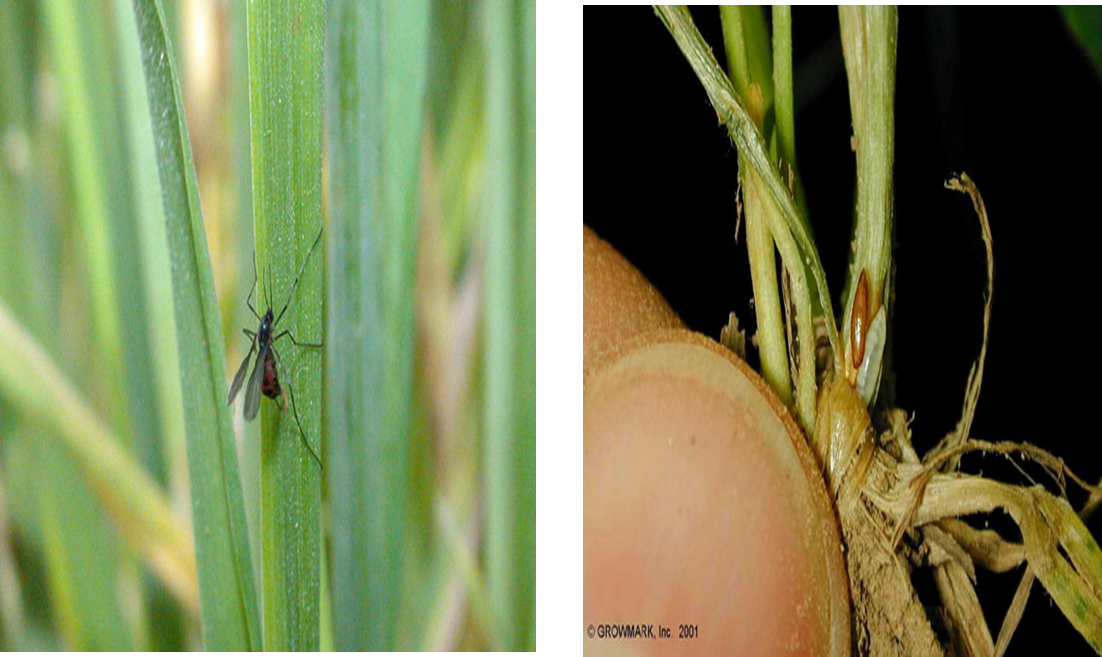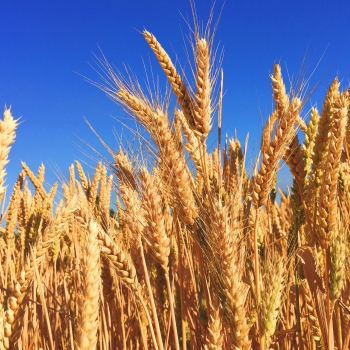
- Wheat are a member of the family Poaceae.
- In India, Wheat is the second most important winter cereal after rice.
- Wheat is a staple crop for a significant proportion of the world`s population.
- It is most important food grain and stable crop.
- Prevent colon cancer, Reduce the risk of heart disease, Benefits your digestive system and contain antioxidants
CLIMATE : WARM AND MOIST ENVIRONMENT
TEMPRATURE : 15-20 DEGREE
SOIL : CLAY LOAMY SOIL WITH GOOD AERATION
pH : 5.5 - 7.5
RAINFALL : 25-75 mm
DURATION ; 90-140 DAYS
-The high yielding wheat varieties should be given five to six irrigations at their critical growth stages viz.
-Crown root initiation, tillering, jointing, flowering, milk and dough which come at 21-25 days after sowing
SOIL TREATMENT:
Use Bhoomi power, Powerplant Premium, and a precautionary Root guard to treat your soil by giving it complete nutrition.
|
BHOOMI POWER 4KG/ACRE |
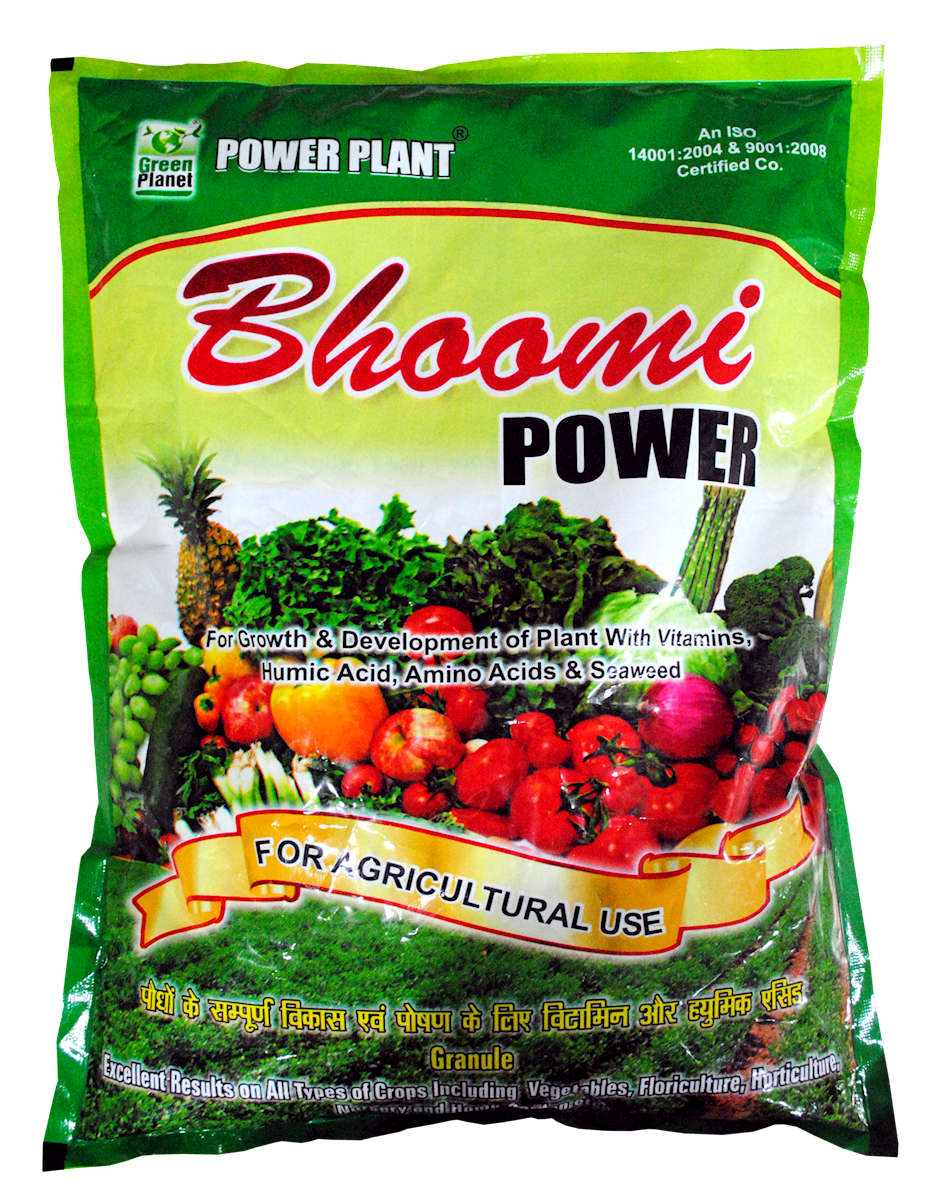 |
|
POWER PLANT PREMIUM 1 LITRE/ ACRE |
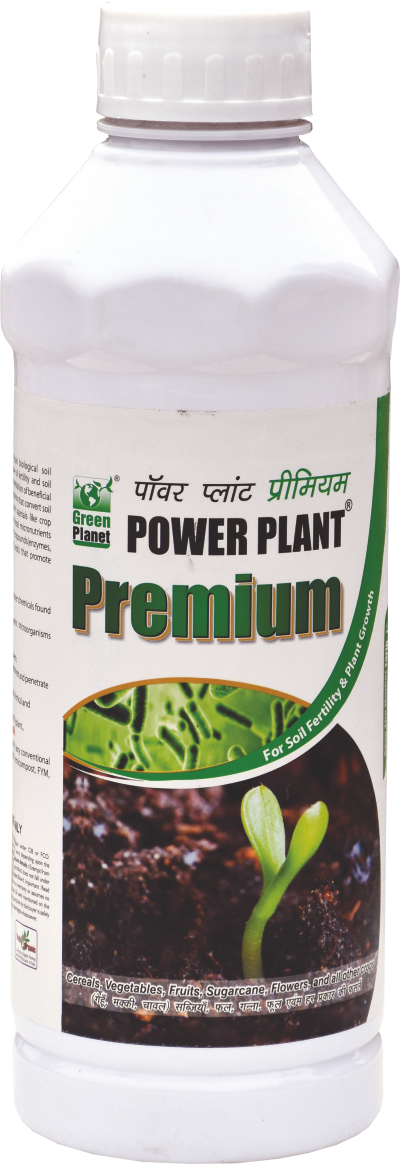 |
|
ROOT GUARD 2 KG/ACRE |
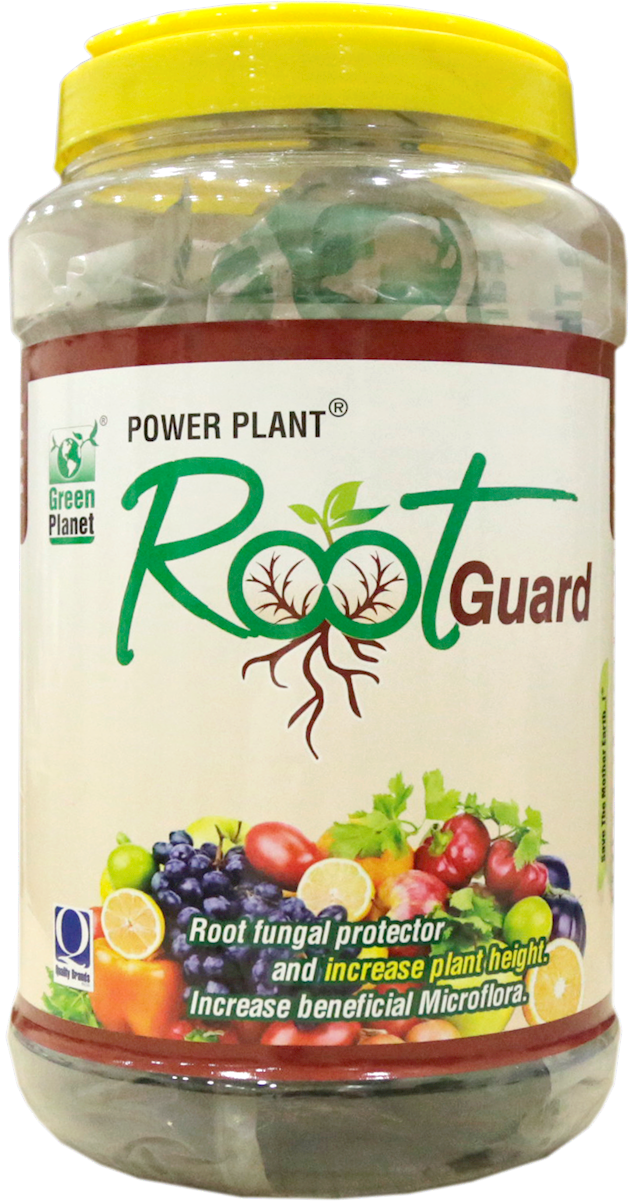 |
1. DEFICIENCY OF NITROGEN
|
Use NITROKING 2-3 ml per litre of water |
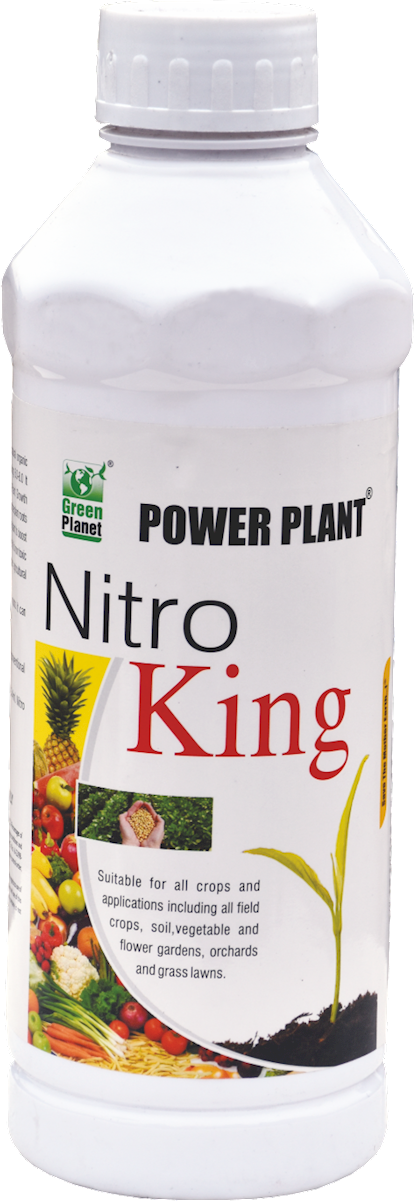 |
|
Use SPALL90 0.5 ml per litre of water |
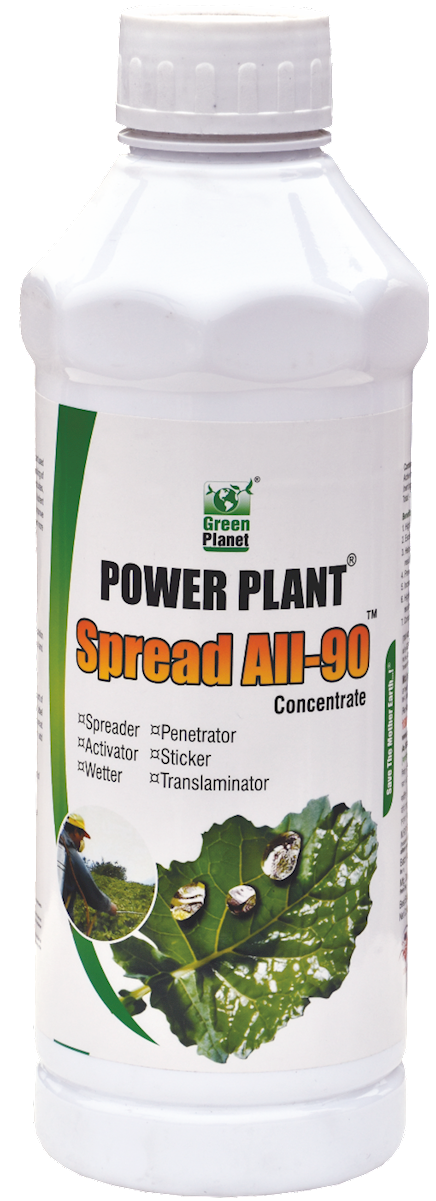 |
2. DEFICIENCY OF PHOSPHORUS
|
Use NITROKING 2-3 ml per litre of water |
 |
|
Use SPALL90 0.5 ml per litre of water |
 |
4.DEFICIENCY OF MAGNESIUM
|
Use BLOOM 2 ml per litre of water |
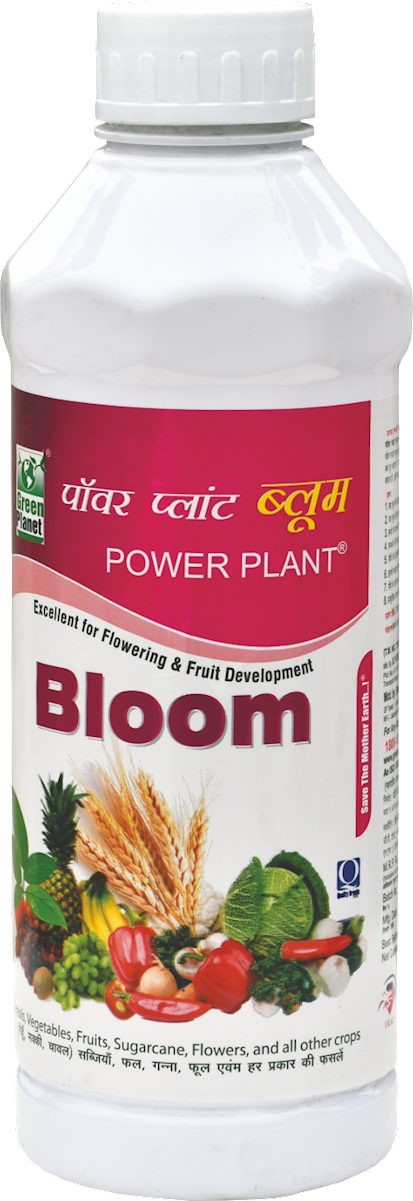 |
|
Use SPALL90 0.5 ml per litre of water |
 |
A. FUNGAL DISEASES
(i) CONTACT BASED
1. LEAF RUST OR BROWN RUST (Puccinia recondita)
TREATMENT
|
Use PPFC 2-3 gm per litre of water |
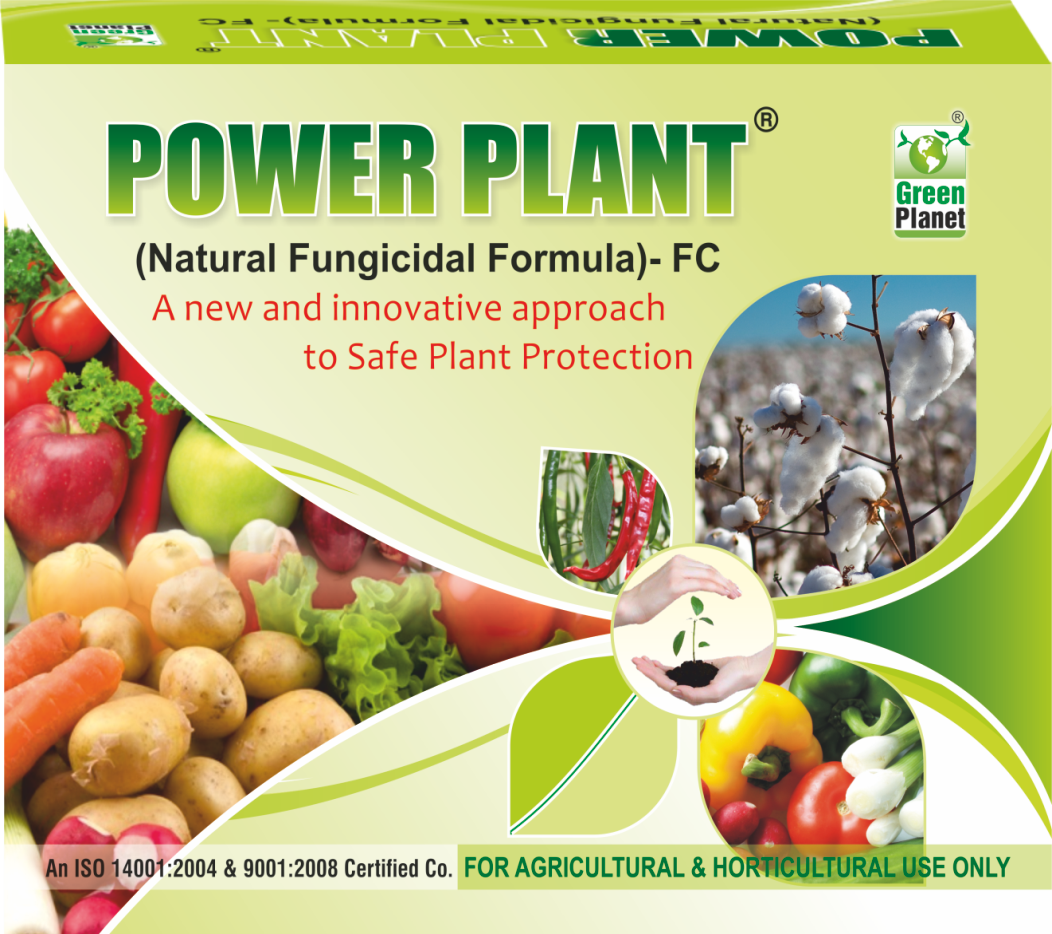 |
|
Use SpAll90 0.5 ml per litre of water |
 |
2. STEM RUST OR BLACK RUST (Puccinia graminis)
TREATMENT
|
Use PPFC 2-3 gm per litre of water |
 |
|
Use SpAll90 0.5 ml per litre of water |
 |
3. STRIPE RUST OR YELLOW RUST (Puccinia striiformis)
TREATMENT
|
Use PPFC 2-3 gm per litre of water |
 |
|
Use SpAll90 0.5 ml per litre of water |
 |
4. FLAG SMUT (Urocystis agropyri)
TREATMENT
|
Use PPFC 2-3 gm per litre of water |
 |
|
Use SpAll90 0.5 ml per litre of water |
 |
5. POWDERY MILDEW (Erysiphe graminis)
TREATMENT
|
Use PPFC 2-3 gm per litre of water |
 |
|
Use SpAll90 0.5 ml per litre of water |
 |
6. ERGOT (Claviceps purpurea)
TREATMENT
|
Use PPFC 2-3 gm per litre of water |
 |
|
Use SpAll90 0.5 ml per litre of water |
 |
7.ALTERNARIA LEAF BLIGHT(Alternaria triticina)
TREATMENT
|
Use PPFC 2-3 gm per litre of water |
 |
|
Use SpAll90 0.5 ml per litre of water |
 |
A. FUNGAL DISEASES
(ii) SYSTEMIC BASED
1. FUSARIUM LEAF BLOTCH OR SNOW MOLD (Calonectria nivalis)
TREATMENT :
|
Use Fungohit 2-3ml per litre of water |
 |
|
Use SpAll90 0.5 ml per litre of water |
 |
2. EYE SPOT OR STRAW BREAKER(Oculimacula spp)
TREATMENT :
|
Use Fungohit 2-3ml per litre of water |
 |
|
Use SpAll90 0.5 ml per litre of water |
 |
3. SHARP EYE SPOT AND RHIZOCTONIA ROOT ROT(Rhizoctonia solani)
TREATMENT :
|
Use Fungohit 2-3ml per litre of water |
 |
|
Use SpAll90 0.5 ml per litre of water |
 |
4. FOOT ROT, CROWN ROT (Fusarium, and Pythium spp)
TREATMENT :
|
Use Fungohit 2-3ml per litre of water |
 |
|
Use SpAll90 0.5 ml per litre of water |
 |
B. VIRAL DISEASES
1. BARLEY YELLOW DWARF VIRUS
TREATMENT :
|
Use Virohit 2-3 ml per litre of water |
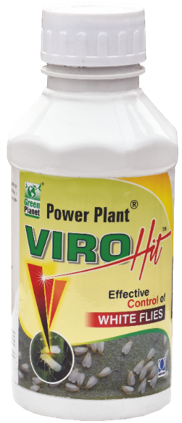 |
|
Use virosol 2-3 ml per litre of water |
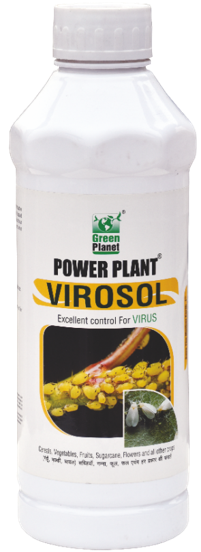 |
|
Use PPNP 1 ml per litre of water |
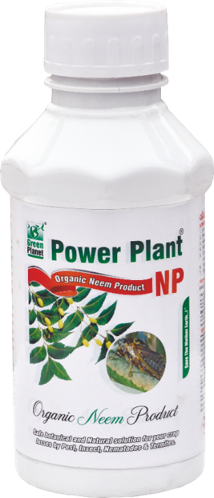 |
|
Use SpAll90 0.5 ml per litre of water |
 |
2. WHEAT STREAK MOSAIC VIRUS
TREATMENT :
|
Use Virohit 2-3 ml per litre of water |
 |
|
Use virosol 2-3 ml per litre of water |
 |
|
Use PPNP 1 ml per litre of water |
 |
|
Use SpAll90 0.5 ml per litre of water |
 |
C. PESTS
(i)CHEWING PESTS
1.SAW FLY (Cephus cinctus)
TREATMENT :
|
Use Pestohit 2-3 ml per litre of water |
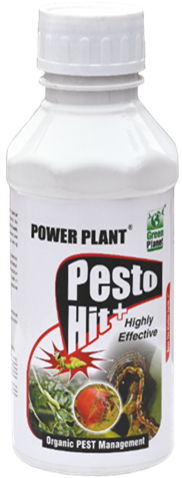 |
|
Use PPNP 1 ml per litre of water |
 |
|
Use SpAll90 0.5 ml per litre of water |
 |
2.ARMYWORM (Spodoptera frugiperda)
TREATMENT :
|
Use Pestohit 2-3 ml per litre of water |
 |
|
Use PPNP 1 ml per litre of water |
 |
|
Use SpAll90 0.5 ml per litre of water |
 |
3.STINK BUGS (Euschistus spp)
TREATMENT :
|
Use Pestohit 2-3 ml per litre of water |
 |
|
Use PPNP 1 ml per litre of water |
 |
|
Use SpAll90 0.5 ml per litre of water |
 |
5.WHEAT STEM MAGGOT (Meromyze Americana)
TREATMENT :
|
Use Pestohit 2-3 ml per litre of water |
 |
|
Use PPNP 1 ml per litre of water |
 |
|
Use SpAll90 0.5 ml per litre of water |
 |
(ii) SUCKING PESTS
1.RUSSIAN WHEAT APHID (Diuraphis noxia)
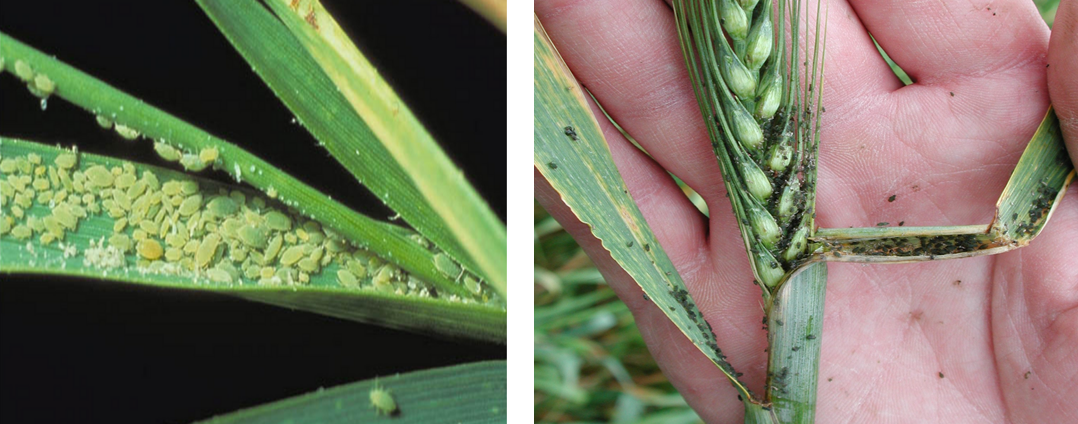
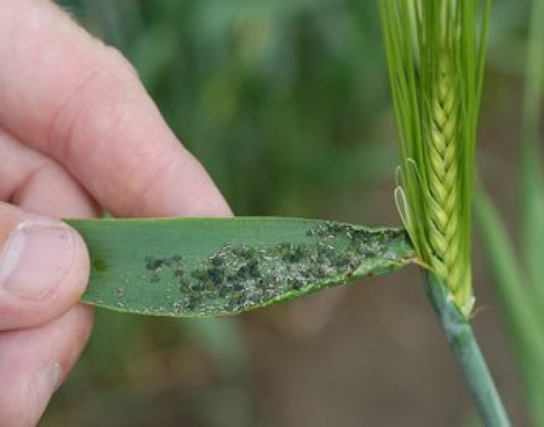
TREATMENT :
|
Use Orgomite 2-3 ml per litre of water |
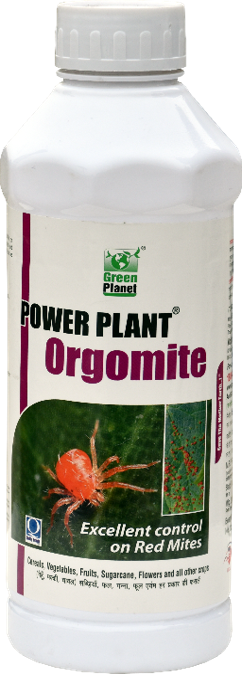 |
|
Use PPNP 1 ml per litre of water |
 |
|
Use SpAll90 0.5 ml per litre of water |
 |
2.THRIPS (Helicothrips tritici)
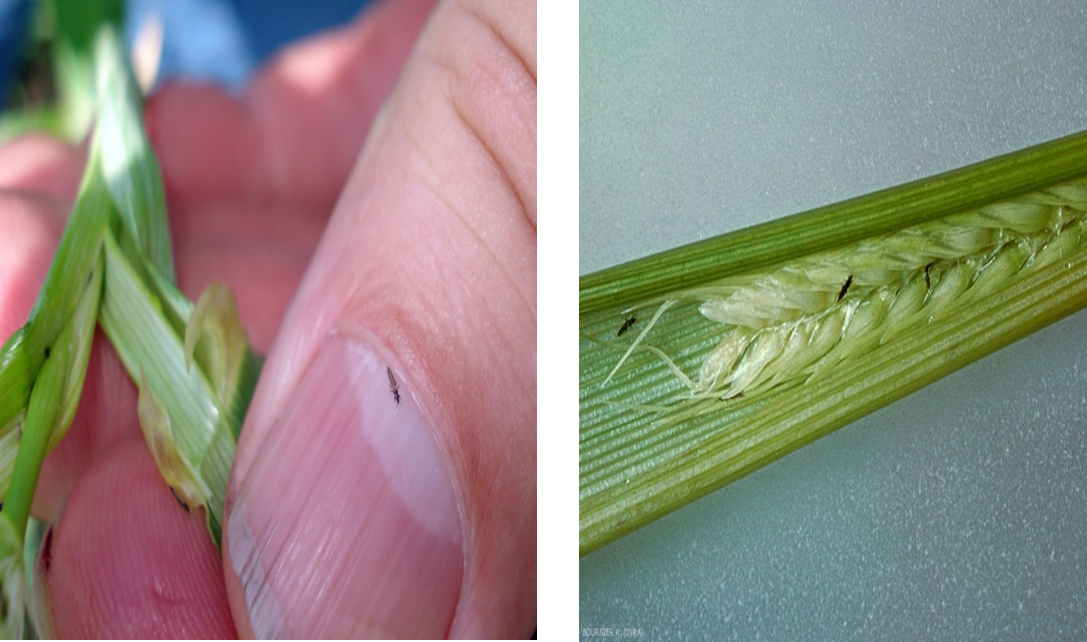
TREATMENT :
|
Use Orgomite 2-3 ml per litre of water |
 |
|
Use PPNP 1 ml per litre of water |
 |
|
Use SpAll90 0.5 ml per litre of water |
 |
3.MITES (Eriophye tulipae)
TREATMENT :
|
Use Orgomite 2-3 ml per litre of water |
 |
|
Use PPNP 1 ml per litre of water |
 |
|
Use SpAll90 0.5 ml per litre of water |
 |
4.HESSIAN FLY (Mayetiola destructor )
TREATMENT :
|
Use Orgomite 2-3 ml per litre of water |
 |
|
Use PPNP 1 ml per litre of water |
 |
|
Use SpAll90 0.5 ml per litre of water |
 |



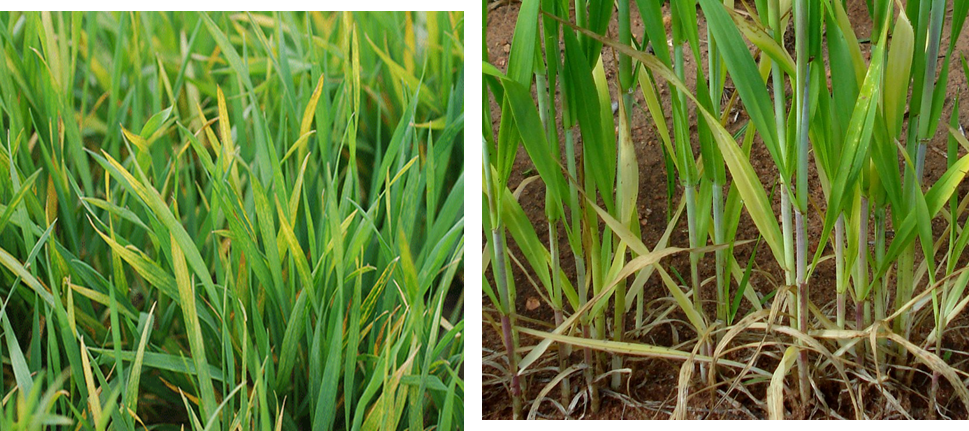
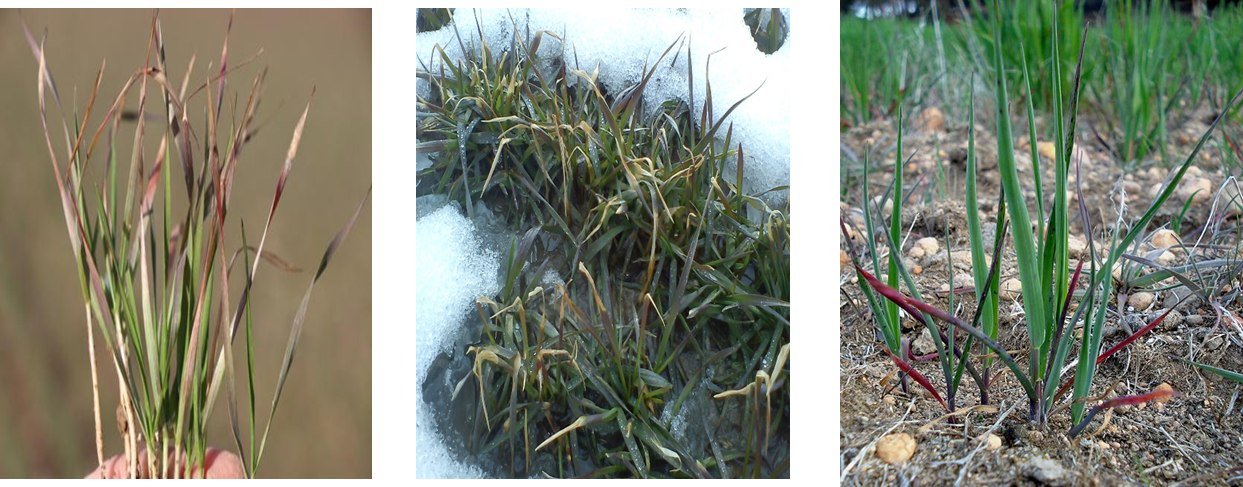
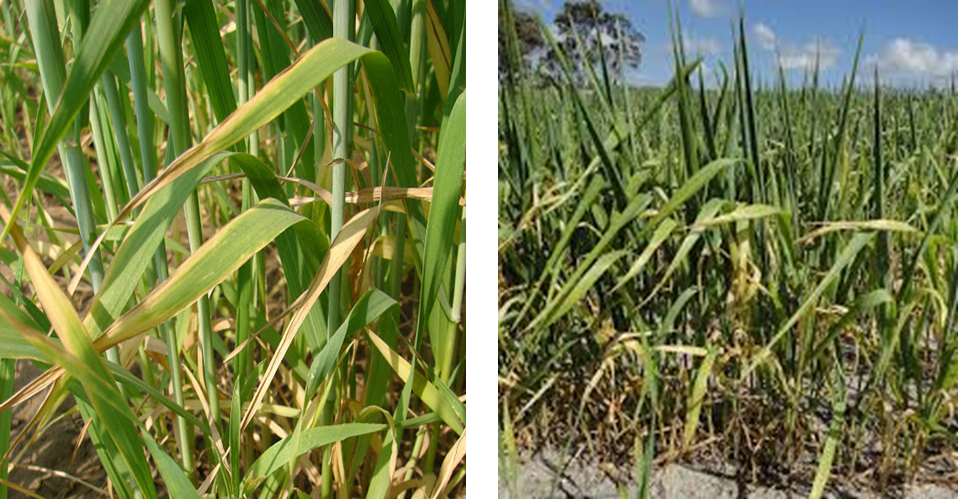
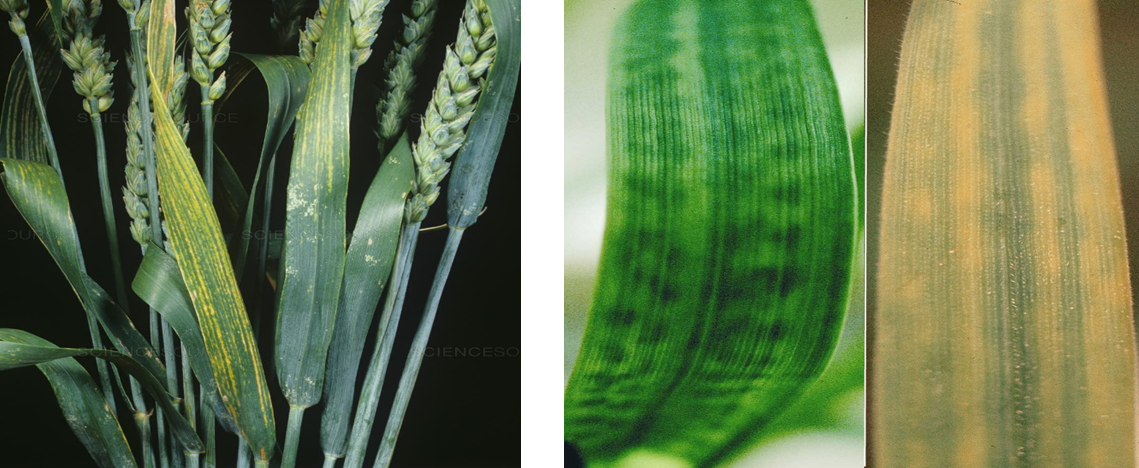
.png)
